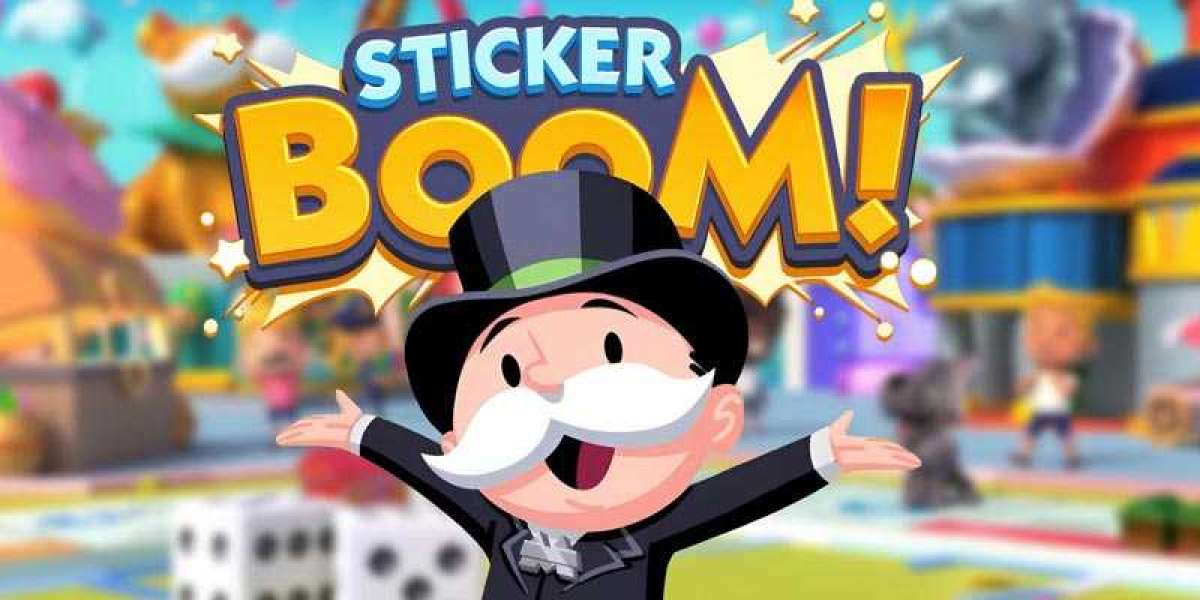Mental health applications are digital tools designed to help individuals manage their mental well-being. These apps provide users with resources, support, and techniques to address various mental health concerns, from anxiety and depression to stress management and mindfulness. With the increasing demand for mental health support, a wide variety of apps have been developed, each catering to different needs.
In this blog, we’ll explore the different types of mental health applications available and how they can be beneficial.
1. Therapy Apps
Therapy apps connect users with licensed therapists and counselors through text, audio, or video calls. These apps offer convenient and accessible therapy sessions for individuals who may not have the time or resources to visit a therapist in person. They also provide anonymity, which can be helpful for those who feel uncomfortable with face-to-face interactions.
Examples: Talkspace, BetterHelp
2. Mood Tracking Apps
Mood tracking apps allow users to log their emotions, thoughts, and activities daily. These apps help individuals monitor their mood patterns over time, identify triggers, and track their mental health progress. Some mood tracking apps also offer insights and suggestions based on the data collected, which can be useful for managing mental health.
Examples: Daylio, Moodfit
3. Meditation and Mindfulness Apps
Meditation and mindfulness apps provide guided meditation sessions, breathing exercises, and relaxation techniques to help users manage stress, anxiety, and other mental health issues. These apps encourage users to practice mindfulness, which can lead to improved emotional regulation and overall mental well-being.
Examples: Headspace, Calm
4. Cognitive Behavioral Therapy (CBT) Apps
Cognitive Behavioral Therapy (CBT) apps are based on the principles of CBT, a type of psychotherapy that helps individuals identify and change negative thought patterns and behaviors. These apps offer exercises, worksheets, and activities that users can complete to practice CBT techniques, helping them manage conditions like anxiety, depression, and stress.
Examples: MoodKit, Wysa
5. Self-Care Apps
Self-care apps focus on promoting overall well-being by encouraging users to engage in activities that nurture their mental and emotional health. These apps often include features like goal setting, habit tracking, and self-care tips, helping users build healthy routines and improve their quality of life.
Examples: Sanvello, Aloe Bud
6. Peer Support Apps
Peer support apps connect individuals with others who share similar mental health challenges. These platforms provide a space for users to share their experiences, offer support, and receive encouragement from a community of peers. Peer support apps can be especially helpful for those who feel isolated or prefer support from others with similar experiences.
Examples: 7 Cups, Wisdo
7. Crisis Management Apps
Crisis management apps are designed to provide immediate support to individuals in distress or facing a mental health crisis. These apps typically offer access to emergency contacts, crisis hotlines, and resources that can help users navigate challenging situations. Some crisis management apps also include safety planning features to help individuals stay safe during a crisis.
Conclusion
Mental health applications come in various forms, each designed to meet specific needs and preferences. Whether you're looking for therapy, mindfulness, peer support, or crisis management, there’s likely an app that can help you on your journey to better mental health.
These digital tools offer convenience, accessibility, and a wealth of resources, making mental health support more accessible to everyone. If you're considering developing a mental health app, partnering with a company that offers Healthcare Software Development Services can ensure your app is both effective and user-friendly, helping you make a positive impact on users' lives.

